

Senior Pastor of Sound of Heaven Church
ANSWER:
"I, John, your brother and fellow participant in the tribulation and kingdom and perseverance in Jesus, was on the island called Patmos because of the word of God and the testimony of Jesus. "
Revelation 1:9
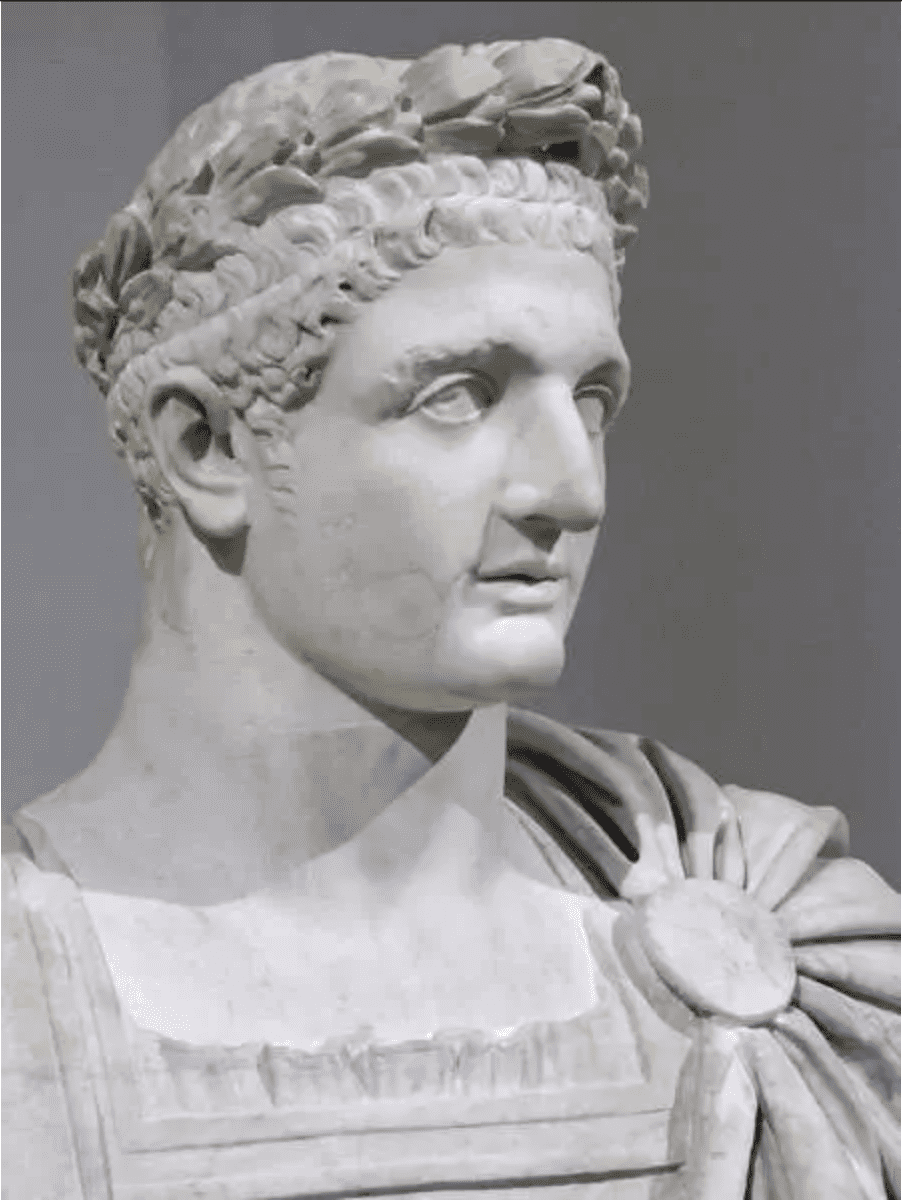
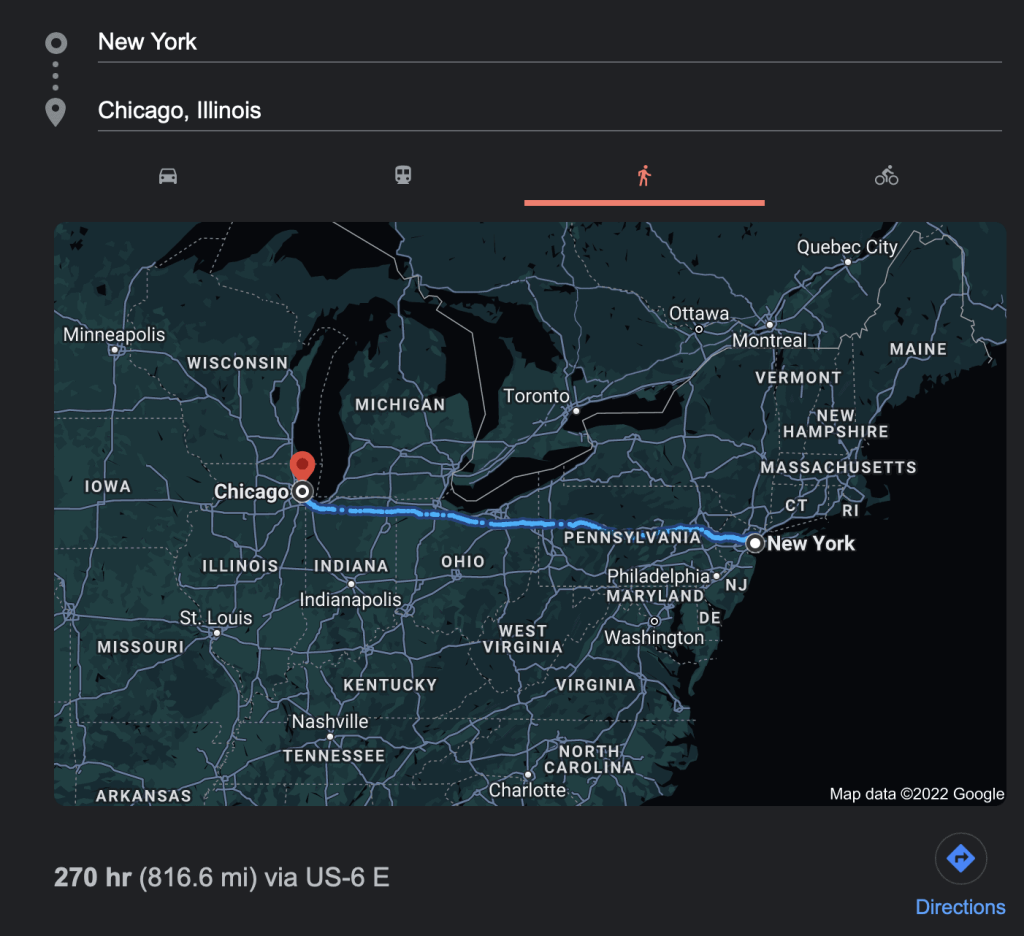
1) The Syriac Bible
2) The Seven Kings of Revelation 17:10
“They are also seven kings. Five have fallen, one is, the other has not yet come; but when he does come, he must remain for only a little while”
Revelation 17:10
1. Julius Caesar
49 - 44 BC
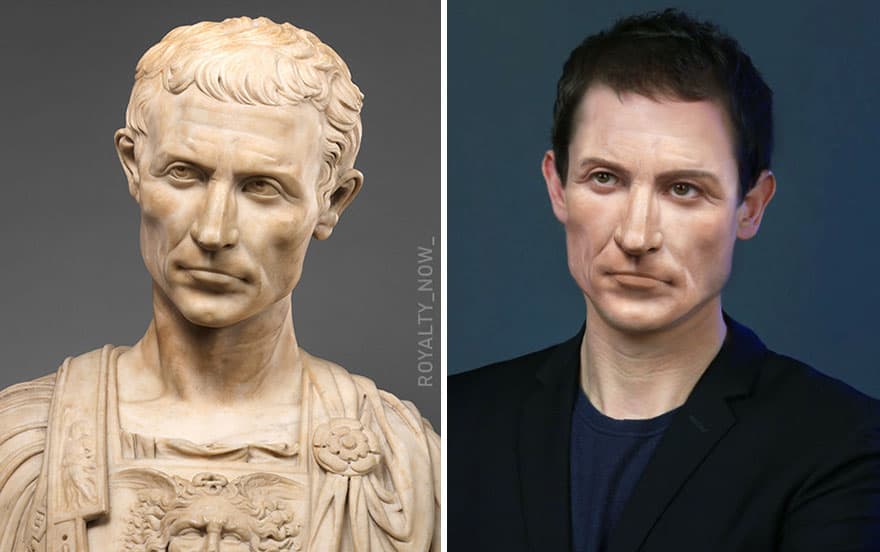
2. Augustus Caesar
27 BC - 14 AD

3. Tiberius
AD 14-37
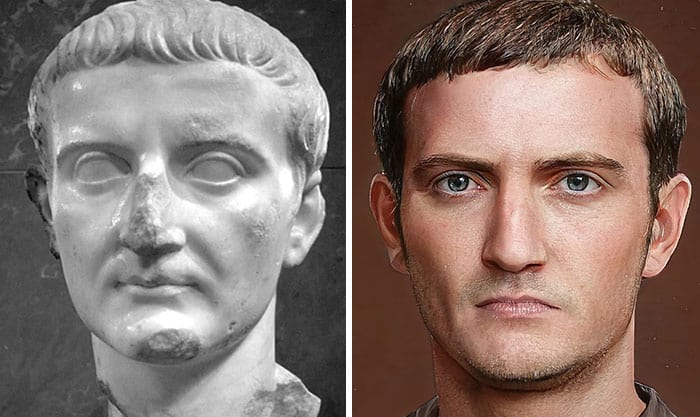
4. Caligula
AD 37-41

5. Claudius
AD 41-54
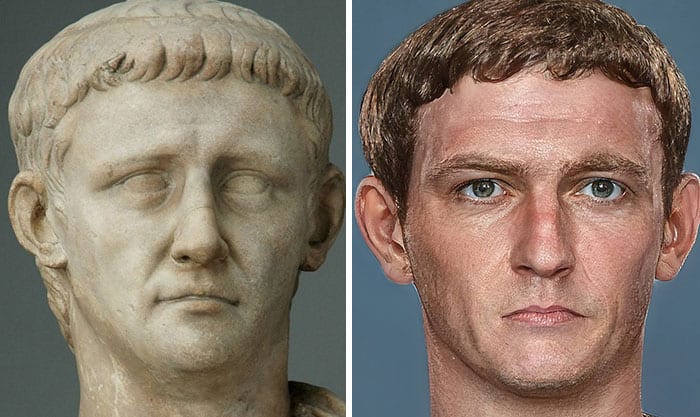
6. Nero
AD 54-68

“They are also seven kings. Five have fallen, one is, the other has not yet come; but when he does come, he must remain for only a little while”
Revelation 17:10
3) Even Those Who Pierced Him
Lo, he doth come with the clouds, and see him shall every eye, even those who did pierce him, and wail because of him shall all the tribes of the land. Yes! Amen
Revelation 1:7
4. The Jewish Persecution of Christians
5. Judaizing Heretics in the Church
6. The Existence of Jerusalem and the Temple
Then there was given to me a measuring rod like a staff; and someone said, “Get up and measure the temple of God and the altar, and those who worship in it.
Revelation 11:1
7. The Time Statements of Revelation
8. John’s Known Appearance in 96 AD
9. The Timetable Comparison with The Book of Daniel
10. Only Seven Churches
John to the seven churches that are in Asia: Grace to you and peace from Him who is, and who was, and who is to come, and from the seven spirits who are before His throne,
Revelation 1:4
© Sound of Heaven Church 2011- 2024